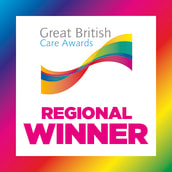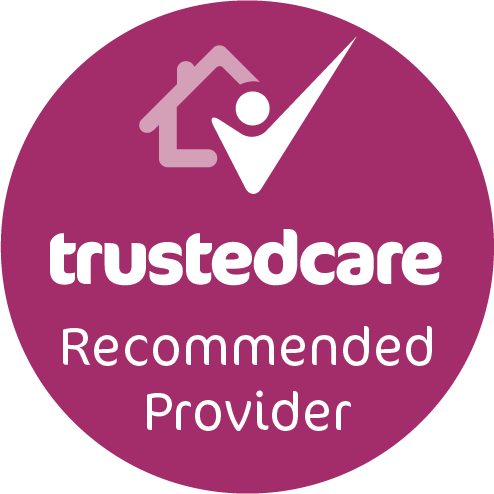Mental health problems have become more commonplace than ever before as a result of the coronavirus pandemic. Lockdowns, restrictions, job losses, health problems, financial struggles, housing issues and so much more have exacerbated anxiety and depression in those who were already experiencing them, while many people have reported feeling anxious and depressed for the first time.
COVID-19 has also directly led to mental health problems for people who’ve recovered from the virus but have suffered PTSD as a result of what they’ve been through, or because of long-COVID, which has been associated with causing mental health problems including depression and anxiety.
If any of this sounds like you, or someone you care about, then rest assured you are not alone. As we embark upon 2022, how can we all look after our mental health better, and who can help?
Reach out, catch up, have a chat
One of the most important ways we can all improve our mental health comes from recognizing when we need more support to cope with how we are feeling, or to come to terms with something that’s happened or happening in our life. Often that recognition comes during conversations, either with people we know or through accessing:
• Helplines (Mind have a list of options)
• Support groups (Rethink Mental Illness have a database of options searchable by your location)
• Online forums (including those provided by the Mental Health Forum and Mind ‘Side by Side’).
Support the Samaritans ‘Brew Monday’
One of the key providers of mental health support in the UK are the Samaritans. We are championing their ‘Brew Monday’ campaign as it reminds us all about the value of making time to catch up with those we care about. Reaching out and having a chat, whether it’s in-person, on the phone, via zoom/FaceTime or any other medium can be all that’s needed to make someone feel they aren’t alone. Tea or coffee are optional!
How to make your interactions meaningful
If you are about to pick up the phone, start a video call or head out to meet up with someone who may be struggling with their mental health, you might be feeling a bit apprehensive about how to provide the best support.
First and foremost, aim to be a good listener by reading the SHUSH active listening tips that the Samaritans are advocating for ‘Brew Monday’. SHUSH stands for:
• Show you care
• Have patience
• Use open questions
• Say it back
• Have courage
You are aiming for a meaningful interaction that is comfortable for you and the person you’re chatting to. You may worry that the conversation might turn to topics like suicide, but bear in mind this advice from the Samaritans:
“Evidence shows asking someone if they’re suicidal can protect them. By asking someone directly about suicide, you give them permission to tell you how they feel, and let them know that they are not a burden. People who have felt suicidal will often say what a huge relief it was to be able to talk about what they were experiencing.â€
Mental health support from an ENA live-in carer
During the pandemic, it has become more common for us to identify mental health struggles with new clients. Whilst this may sound alarming, the good news is that having a live-in carer helps the majority of people to cope better with their mental health problems. This, in turn, can help a person to manage their physical health challenges better too.
At ENA we provide a holistic model of care that considers all aspects of a person’s physical and mental health. This is underpinned by our assessments, care planning documentation, and our regular reviews of each client’s care and support.
For many of our clients, having someone to talk to and share their life with can be all that is needed to help them feel more mentally able to cope. The nature of live-in care means isolation and loneliness are reduced, and a person is likely to be more active, socially engaged, and stimulated by hobbies and past-times that they enjoy. Having a live-in carer also means a person who is disabled or elderly can more easily connect with the natural world, which has proven mental health benefits.
For clients who need more structured mental health support, we can provide assistance to attend appointments with mental health clinicians, help to take mental health medication, and encouragement to practice self-help strategies or complete non-drug therapy programs.
Find out more about how ENA Care Group could support you or your family by calling 0800 4334 413 or emailing care@ena.co.uk.
















